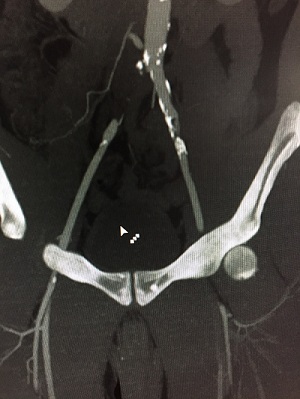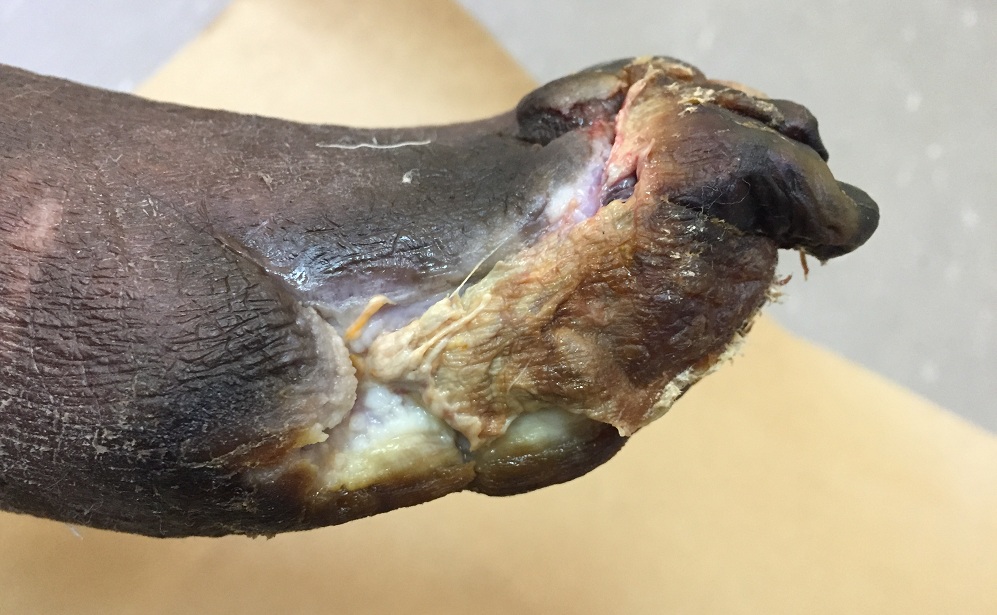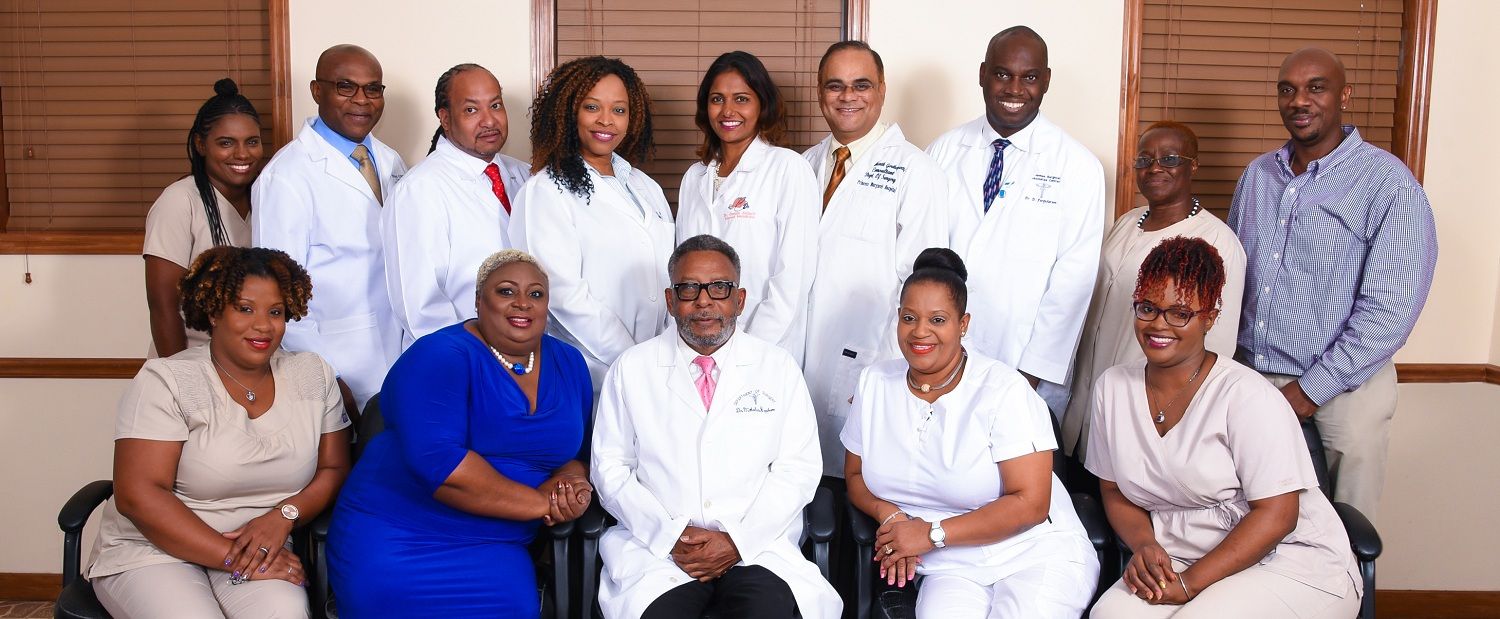Healthy Legs
Many factors contribute to the overall health of our legs: heredity, weight, age, diet and activity level. But it’s the internal function of the legs that also plays an important role: calf muscles, arteries, veins, and vein valves – the internal highway of blood and oxygen flow.
Your Circulation
The flow of blood in the veins is assisted by a series of one-way valves. The valves remain open when the blood flows toward the heart, and then closed after blood passes through. Over time, an increase in pressure can stretch the vein walls. If a vein becomes enlarged and over-stretched the valves cannot close properly, causing blood to leak back down into the lower legs, resulting in poor circulation.
If this happens you may begin to develop symptoms, such as:
- Heavy, tired, aching legs
- Swollen legs and/or ankles
- Sensation of warmth in the legs
- Tingling or cramping of the legs
- Dull or sharp pain in the calf
- Small varicose veins and spider veins
- Ulcers / wounds located on legs

Using Compression Therapy
Graduated compression stockings and socks are important to leg health. They help minimize muscle aches, swelling, and symptoms of fatigue. Exercise and a healthy lifestyle will strengthen your legs, but wearing graduated compression stockings or socks will support the internal function of the veins.
If you notice one or more of the symptoms mentioned above, we recommend that you consult with your primary care provider and ask about graduated compression stockings and socks. You’ll be glad that you did—and so will your legs!


